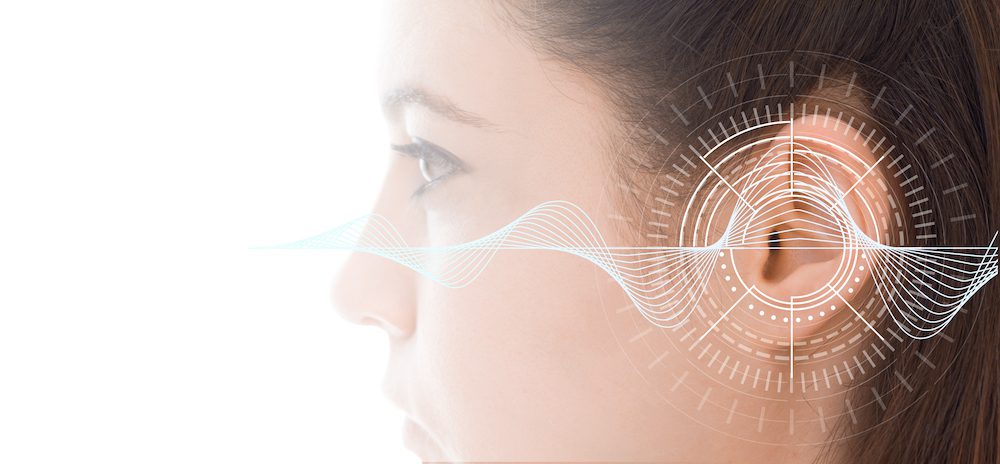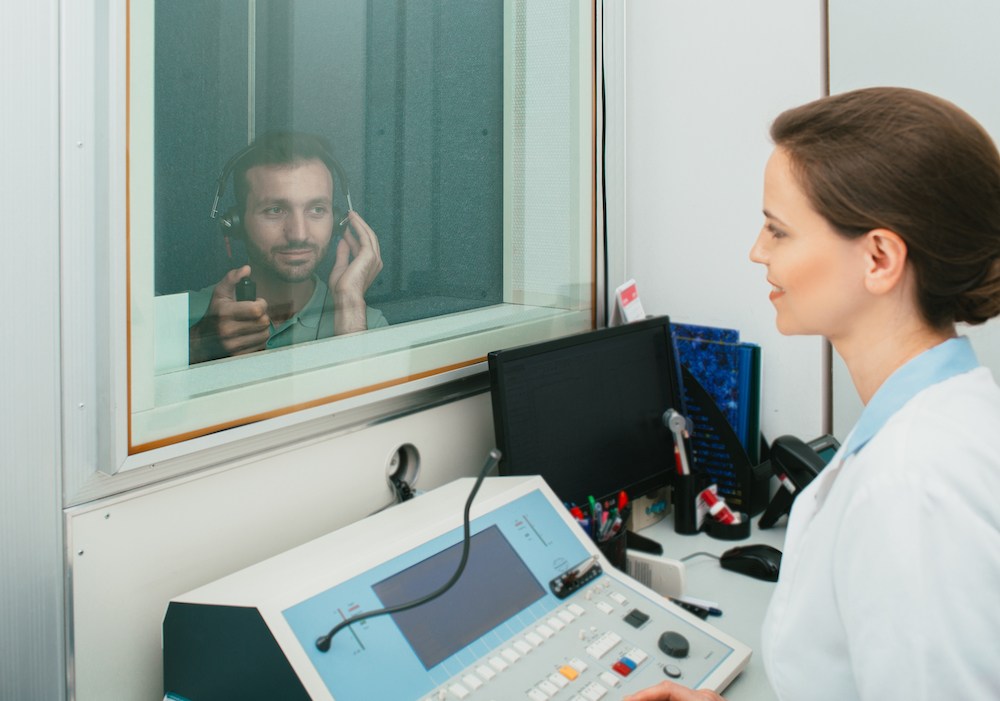Do I Need a Hearing Test? Screening Guidelines After 40
After 40, most of us get a bit more serious about taking care of


After 40, most of us get a bit more serious about taking care of

Battery technology has come a long way in recent years, and these

Hearing care has changed significantly in recent years, going beyond the